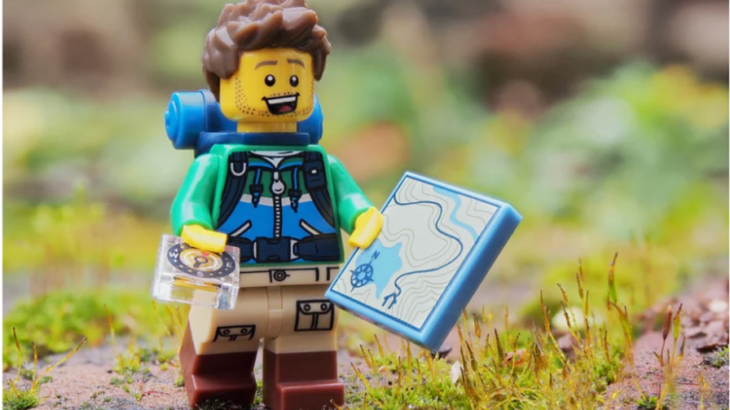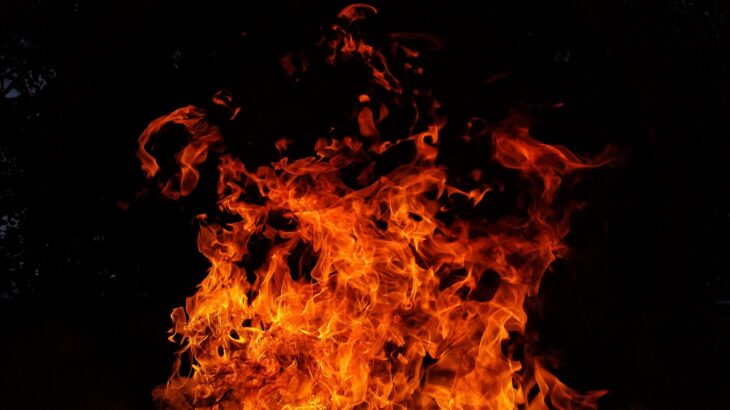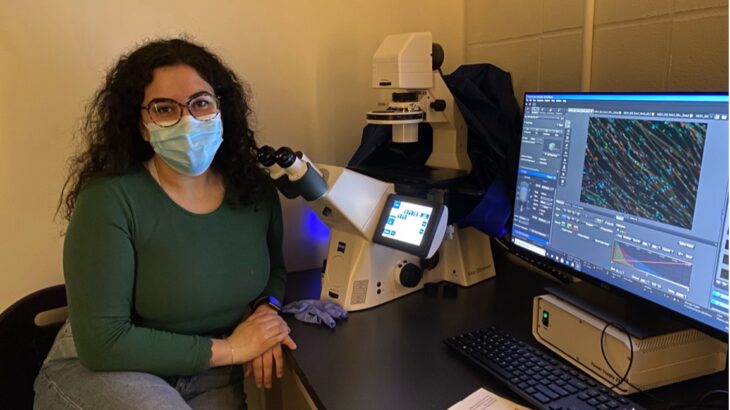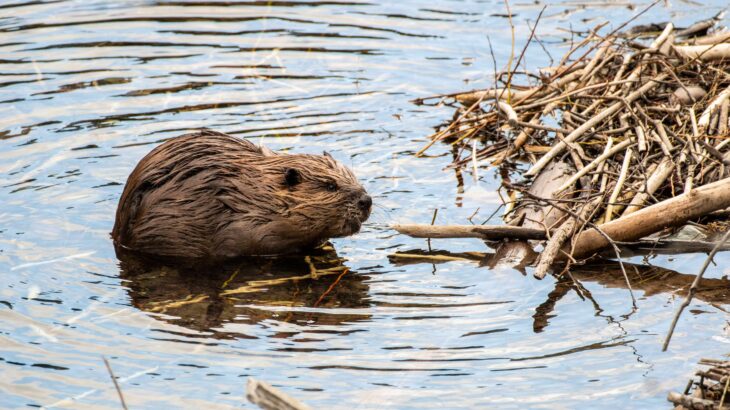
By Aygun Ibrahimova, guest editor Picture yourself on a quest: You must drive to an unfamiliar destination that is hundreds of miles away. If you have a rough idea of where the location is, you could start driving and hope that you find your destination. But it is more likely that you will open Google […]







